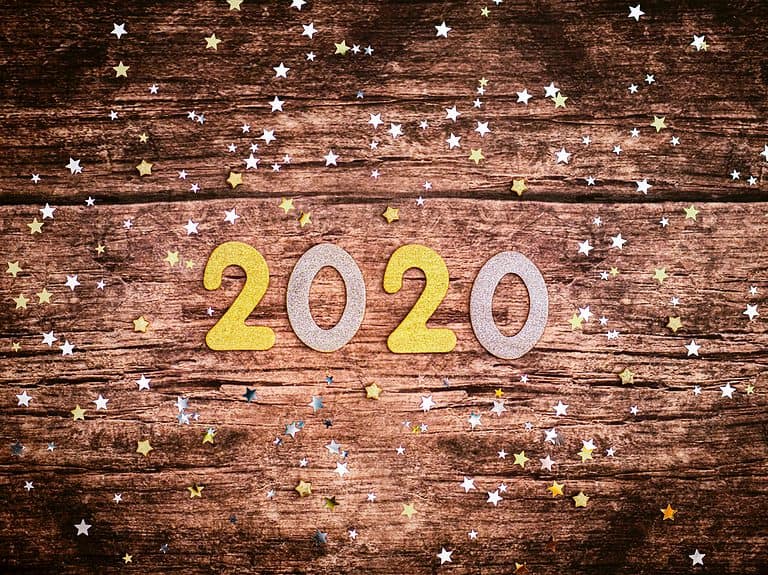When I started writing last week’s post on ableism, I recognized that the single behavior that bothered me most was this man’s insistence that his disability was the heart of the problem, followed by his insistence that he was the victim.
This post digs into the victim identity, and the emotional shift from having been victimized to playing the victim.
While crappy things outside of our control definitely can and do happen, and we are victims(often through no fault of our own), there is a tendency for some people to get stuck in that identity, rather than focusing on healing, recovering, or regaining their sense of control over their lives.
The choice to remain a victim
Here’s the thing. There are definitely events in which you are victimized. Shit happens, and it isn’t fair. Period.
However, everything that happens after that is, to some degree, on you to reclaim ownership in order to heal.
I was the victim of his ableism in both occasions. He treated me as less because of a symptom of my condition. However, I chose not to remain a victim.
There was no better response in the moment than what I did(in the first case, to not respond, and in the second case to assume that he had approached me for a purpose), and so I connected with anger at his dehumanization of me, and the belief that he’s simply a person I don’t want to interact with.
On the other hand, from his own statements, I believe that he went into the meeting where he demanded that I calm down in a state of fear of victimhood.
On some emotional level he apparently believed that members of the group would physically injure him for his opinions.
That fear was not only not realized, but in fact inaccurate, but it remains that he was viewing that evening through the lens of anticipated victimhood. He became an abuser because he feared being abused.

I can believe that that fear led to his demand, possibly(and I’m speculating) an attempt to take control of the situation.
But the fact remains that his response wasn’t appropriate.
After his failed attempt at an apology(where he again insulted me instead), he and I did not communicate. I remained angry at his mistreatment of me, and he was advised by others to leave me alone.
When I filed my complaint, I likely would have accepted a genuine apology where he took responsibility for his own actions.
Instead, he insisted that that’s not what he did, and then he fell into repeated statements that he was the victim and had been acting out of fear for his safety.
If he really sees himself constantly in the victim role, where things are done to him but he has no agency to respond, what kind of life can he have?
Identifying as a victim only hurts you in the long term
I guess, maybe, he ‘got away’ with hurting me.
He obviously hasn’t learned from his actions, as there was no acceptance of responsibility on his part.
Blaming his disability removes any onus from him to do anything to correct his interpretation or behaviors, so he’s got no reason not to do something similar to somebody else.
There’s no learning, no growth.
I see this as reinforcing the limitations and if anything increasing the sphere of things that he cannot do/see/handle.
He is hurting himself with this failure to stretch or push against his boundaries.
Instead of trying to understand what happened and why he is simply focusing on my being unhappy with him and his desire to not be held responsible for that.
When I can step back and look at this from an outside perspective, he appears to be in a near-constant state of fear of victimhood and to therefore constantly view himself as a victim, even in times when he shouldn’t or couldn’t be.
That’s pretty emotionally unhealthy, and means also that he is viewing his interactions as ones where he is the victim and therefore those he interacts with are potential abusers.
I can’t imagine living that way.
How I kept from being trapped in a victim mentality
Was I victimized by his behavior? Yes, I was the victim of it.
Am I now feeling like I’m a victim of leadership’s unwillingness to punish him? Yep, I am.
However, during the time in between those events, I haven’t focused on a victim identity, but rather on regaining control over my life and reclaiming my own power.
With my interactions with him, I quickly recognized that I had done nothing wrong, but he had made inaccurate assumptions, leaving me angry at him for his choices.
After that interaction, I resolved to minimize my contact with him because I don’t need that stress, but continued to attend meetings and otherwise live my life as normal.
It’s not my fault that he misinterpreted my becoming symptomatic.
Since then, I have minimized my interactions with this person(in self-defense), but was not willing to leave a group I have put so much energy into because of him.

I’m not willing to let one jerk ruin it for me.
I was and remain angry at him for his behavior and choices, which is why I remain symptomatic in his presence.
I was hoping that having some measure of justice for my mistreatment served would help relieve my sense of injustice, and help dissipate my anger.
Unfortunately, the other members of the leadership in BiRequest were loath to punish him, so he effectively got away with his behavior, which has left me feeling minimized, devalued, and newly victimized.
I’m still processing my pain, but intend to find a way, other than anger, to channel my response into something that helps me grow.
I may need to take some time away from BiRequest, which deeply hurts me, but at this point there’s a lot of pain associated with the group, and that’s the main thing I’m feeling. I no longer feel safe in that space.
I still have the friendships I’ve formed, and I hope that with some time things will feel better, but I don’t want to continue to feel hurt and abandoned.
I’m regaining control and avoiding victimhood by actively choosing to step away for a while, and letting myself heal a bit.
I’m not burning the bridges, but I can’t just quietly take this decision and pretend that everything is fine.
I was hurt, I was not made whole, and I will not just swallow my feelings.
How do you avoid being stuck in the victim identity?
So, there is a large potential with any disabling condition to feel like a victim. Something outside of your control happened, and now you’re disabled. You need to snap yourself out of that victim identity.

Victimhood is the passive acceptance of the event. The opposite of this victimhood is regaining a sense of control over the aftermath.
Being different often will bring out the worst in others. We can be targets of hatred in various forms, and there is always a chance of being victimized again.
So, when something happens, take some time. Of course, you’re going to feel sorry for yourself a bit, that’s only natural. Let yourself grieve for a time.
But after that grieving, take back control.
Work on accepting your diagnosis.
Understand your condition, see the right doctors.
Get whatever help you need
Don’t be passive – instead, actively think about what you need and how to get it.
Recognize that your condition or situation may not be your fault, but it is your responsibility to get yourself to a better place.
You can do it, and you deserve to be happy and as healthy as possible.
The only way to do that is to stay focused on healing and loving yourself.
Being a victim doesn’t help you, but standing up for yourself does. I want you to be proud to be yourself.









I have seen some who enjoy being identified as victims only. They don’t want to “reclaim ownership ” because it hurts the sympathy they get. Great post!
Thanks Shruti!
I worry for those perpetual victims. They keep themselves stuck there, and limit their own ability to grow. However, I don’t know of there is anything we can do to actually help these perpetual victims because of this mindset. They need to decide to make this change- and as you’ve said, many of them like those excuses.
Thanks for sharing so vulnerably and openly about such a sensitive yet important topic. I think fear truly drives the worst out of us in so many ways.
Fear absolutely brings out the worst in us! I understand how fear can drive people and how fear can impact our interpretation of events. I just wish that the others in leadership had taken the time to understand that his actions – and lack of ownership of his actions – will continue to be a problem, and one he won’t learn from until he takes responsibility for his actions. In the meantime, the group has lost me – and I’m doing my best to find new ways to help the communities I care about.